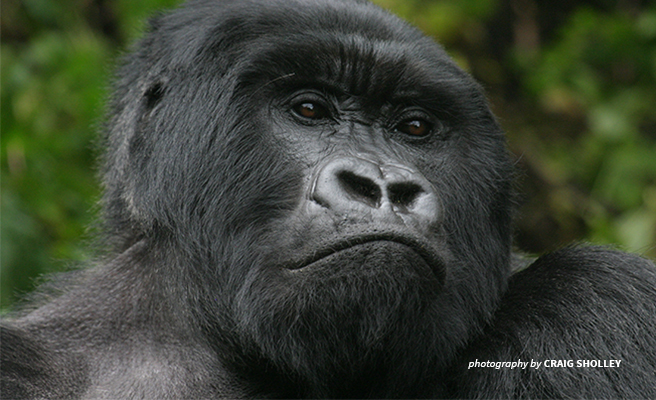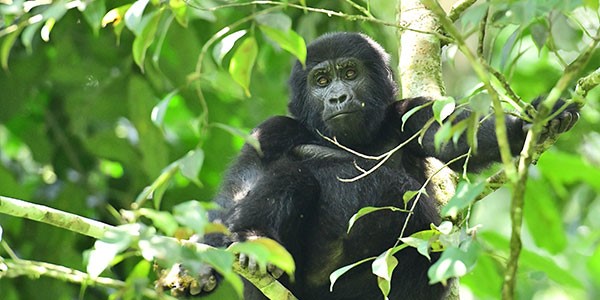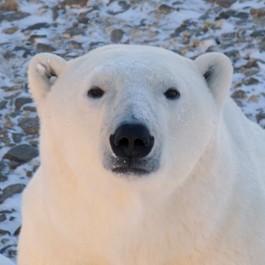Chile receives amazing donation of land
Posted on
The government signed a deal with Kristine McDivitt Tompkins. She and her late husband Doug worked for years to protect areas of Patagonia. They relocated to Chile in 1994 to work on conservation, and they bought up land to preserve as wilderness. He founded North Face clothing label and died in a kayaking accident back in 2015 in Chile.
The couple set up a not-for-profit organisation, Tompkins Conservation. The area being protected is about the size of Switzerland, and it’s thought to be the biggest donation of land by private owners to a country.
The move will create 5 new national parks and expand 3 others. Plus is adds about 10 million acres of land – about 10% of this was donated by the Tompkins.
The Chilean government wants the national parks to span a tourist route of over 1,500 miles across the country.
This is the most recent act of natural protection by Chilean President Michelle Bachelet. Back in 2017, an area off the coast of Easter Island was designated as one of the largest marine protection zones.
Keep going, Chile, and may other countries follow your example. Nature needs it.
 © Craig Sholley
© Craig Sholley
